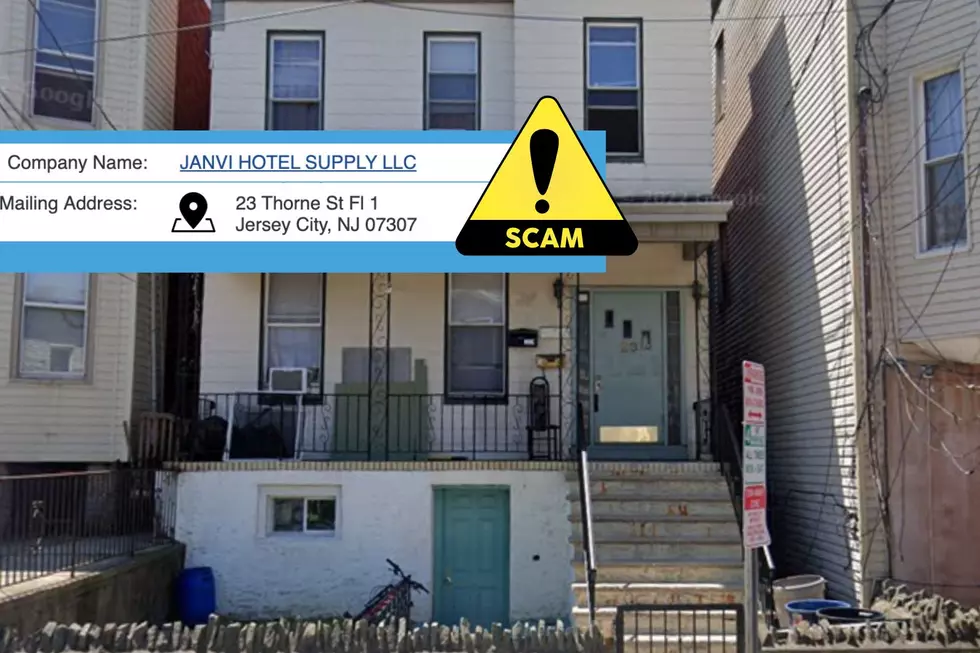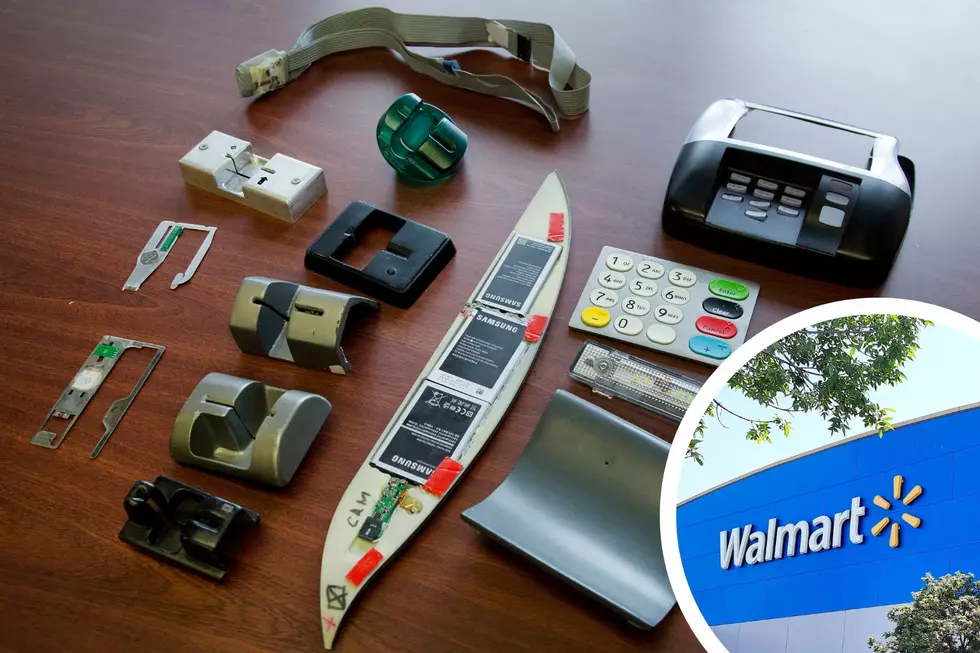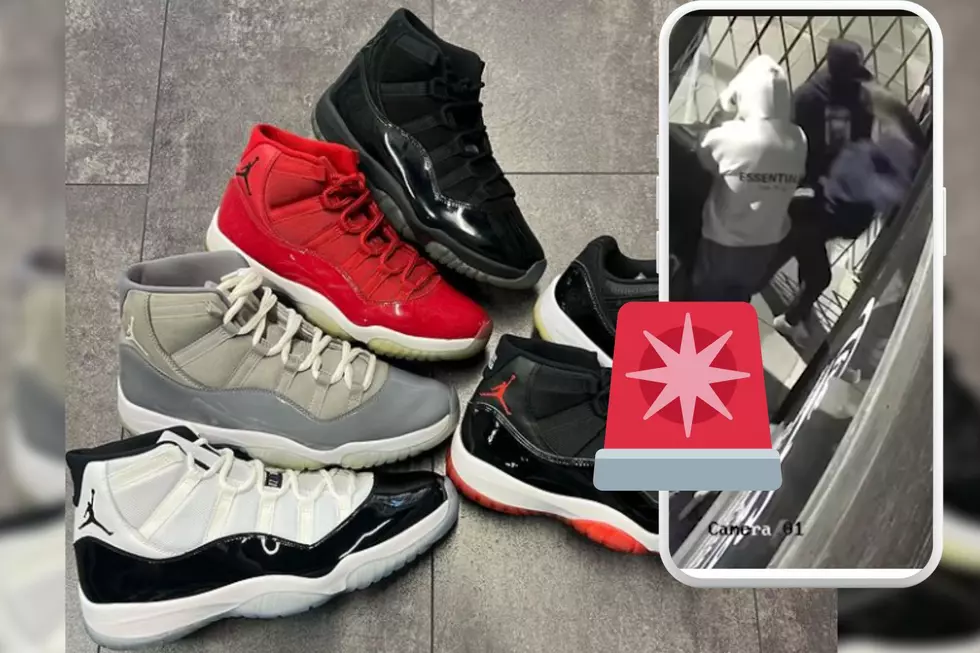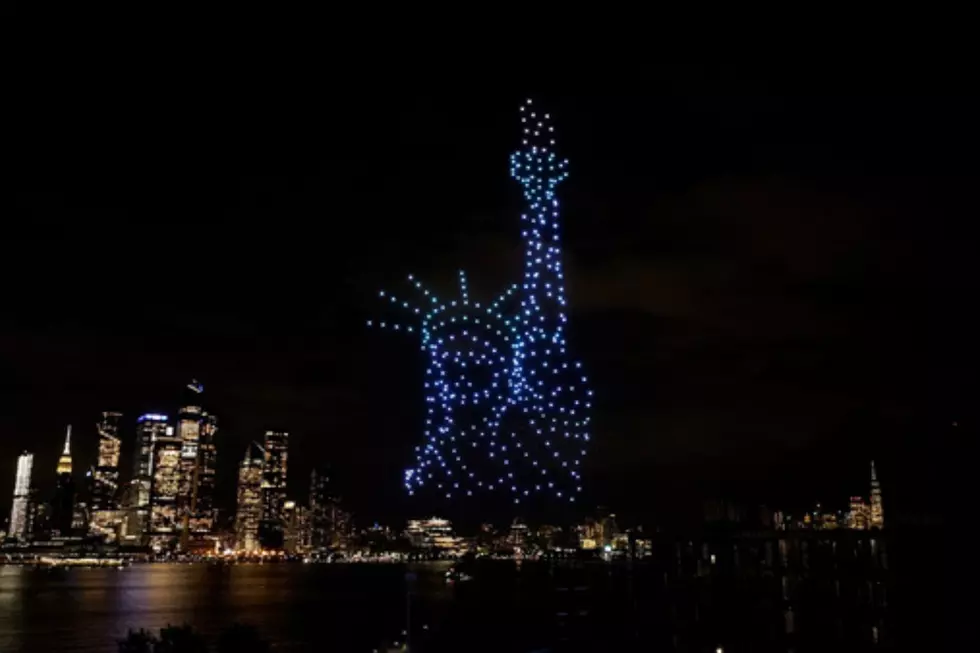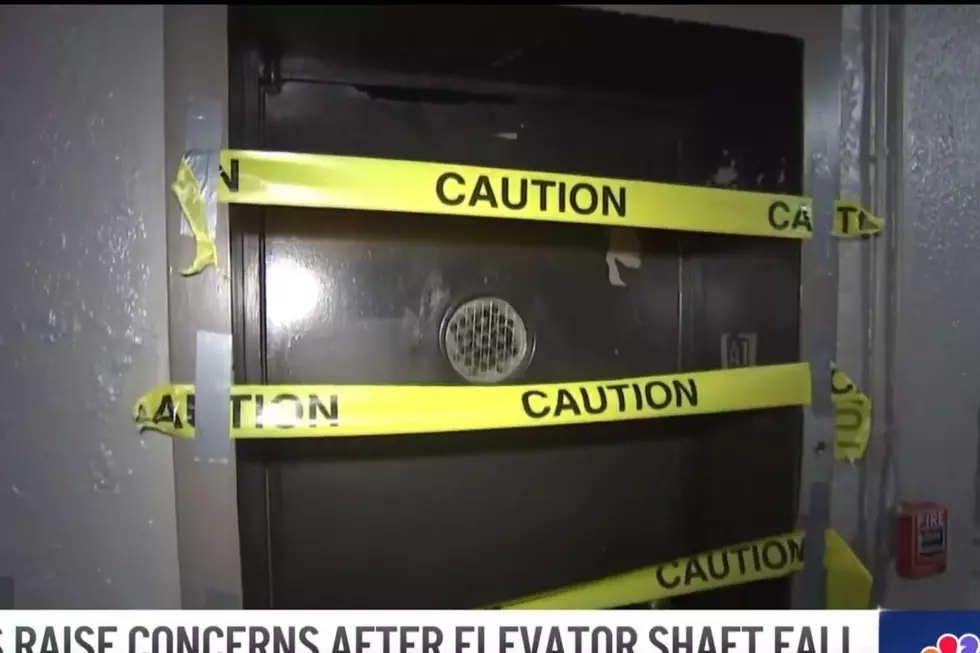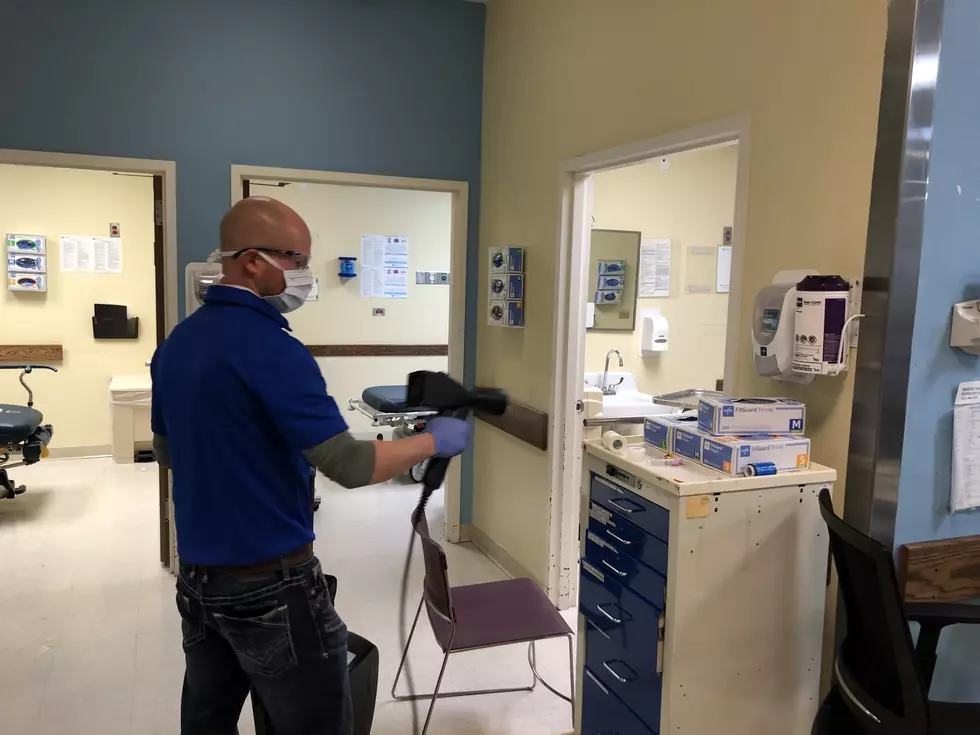
Secaucus hospital’s super-thin spray may keep COVID-19 off surfaces
SECAUCUS — Hudson Regional Hospital recently became the first hospital in the United States to put a large-scale coating application into use, designed to protect all surfaces it touches from microorganisms — including potentially the novel coronavirus that causes COVID-19.
Dr. Maurizio Miglietta, chief of surgery, is also the clinical medical director for NanoVapor Biotech. That company's patented Microbial Suppression System is FDA- and EPA-approved.
The Microbial Suppression System has been around for close to half a century and has been used in the past as a carpet suppressant, a repellent against odor-causing bacteria and fungus on clothes, and in aviation and maritime applications.
Miglietta said the chemical compound can not only kill microorganisms, but can more importantly prevent their growth on certain surfaces for weeks or even months. Hudson Regional is touting its effectiveness for up to 70 days.

And while it hasn't been specifically shown to kill COVID-19, research is underway that the hospital staff hopes will let it make that claim.
"This technology, along with others that are emerging, will be part of what is going to be the post-COVID world," Miglietta said. "When this COVID outbreak occurred, we realized the potential for it, and we kind of shifted our company to address the pandemic problem."
It works through a spray that covalently bonds to any surface, making that bond impossible to remove or wipe off but also ensuring that any organisms that land on it are "popped" like a balloon hitting a pin.
"When sprayed in a nanovapor, so 1/1,000th of a sheet of paper, it creates this kind of — you can envision it almost like a bed of nails," Miglietta said.
Viruses, including the coronavirus, are easily killed on surfaces, according to Miglietta. So if the Microbial Suppression System is able to work on high-touch surfaces related to hospital use such as ambulances, police cars, patient rooms, intensive care units, lobbies, and elevators, there could be further applications in subways, buses, schools, and churches once some sense of normalcy returns to life in New Jersey.
It can even be sprayed on electronics without causing damage to that equipment, Miglietta said.
The system is completely safe to human contact, Miglietta said. It is non-toxic, biodegradable, leaves no residue, and is hardly able to be seen.
Bleach, sometimes we mix 1-to-4, 1-to-5; this is 0.1 to 0.5, much less than 1% of the chemical is being mixed with parts of water and sprayed in this fine mist," he said.
As part of the post-COVID world he envisioned, Miglietta said we might be wearing masks and/or gloves in public for months, and grow accustomed to plexiglass barriers in stores to limit contact. But if this spray can prevent even one death, or one infection, by slowing the exponential spread of COVID-19, he said it will have achieved its purpose.
Patrick Lavery is New Jersey 101.5's afternoon news anchor. Follow him on Twitter @plavery1015 or email patrick.lavery@townsquaremedia.com.
Hard-to-find items at my grocery store — Chris Eannucci
More From New Jersey 101.5 FM

